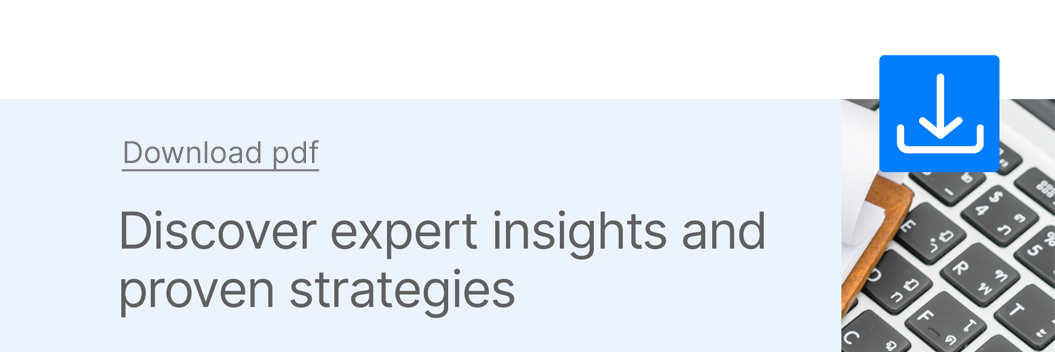Federally Qualified Health Centres (FQHCs) provide access to quality healthcare services to underserved communities. However, managing the financial aspects of these health centers, including medical billing, can take time and effort. Medical billing in FQHCs involves a complex system of rules, regulations, and reimbursement processes, which can lead to incorrect payments, denials, and lower revenue.
This blog will discuss expert tips for improving FQHC medical billing processes to ensure accurate and timely pricing.
- Know your payer sources and reimbursement methods:
The first step to improving medical billing at FQHCs is understanding the different payer sources and how they pay. FQHCs typically receive funding from multiple sources, including Medicare, Medicaid, private insurance, and grants.
Each head has rules, regulations, and ways to get paid back. These must be followed to make sure payments are correct and completed on time. To avoid billing errors and maximize recovery, you must understand each payer’s standards and processes.
- Implement an efficient medical billing system:
An efficient medical billing system is crucial for improving the accuracy and speed of FQHC medical billing. This system should be user-friendly, flexible, and capable of automating many of the manual processes involved in medical billing.
This can include appointment scheduling, patient demographic management, insurance verification, and claim submissions. A well-designed system can help FQHCs reduce administrative burdens and improve the accuracy of their billing processes.
- Ensure timely and accurate coding:
Coding is a critical aspect of medical billing, and any errors can result in denied or delayed payments. FQHCs should invest in a robust coding system to ensure accurate coding and regularly train their staff on the latest coding guidelines.
Additionally, it is crucial to conduct regular coding accuracy audits to identify any errors and make necessary corrections.
- Stay current with regulations and changes:
The healthcare industry is constantly evolving, and FQHCs must stay up-to-date with the latest regulations and changes to ensure their medical billing processes comply. This includes changes to reimbursement policies, coding guidelines, and other rules that can impact their billing processes.
Regularly reviewing updates and making necessary adjustments can help FQHCs avoid common billing errors and ensure maximum reimbursement.
- Maintain accurate patient demographic information:
Accurate patient demographic information is essential for efficient and effective medical billing. This includes the patient’s name, address, insurance information, and demographics. It is crucial to regularly update this information to ensure that claims are submitted to the correct payer and that payments are received promptly.
- Utilize technology to streamline processes:
Technology has revolutionized the healthcare industry, and FQHCs can benefit from utilizing technology to streamline their medical billing processes.
This can include using electronic medical records (EMRs) to manage patient information, automating claim submissions, and utilizing patient portals for appointment scheduling and bill payment. FQHCs can improve billing accuracy and decrease administrative burdens using modern computing tools.
- Partner with a medical billing specialist:
FQHCs can also benefit from partnering with a medical billing specialist to help improve their medical billing processes. Medical billing specialists have the expertise and experience to assist FQHCs with optimizing their billing processes, reducing administrative burdens, and improving accuracy. Additionally, medical billing specialists can provide ongoing support and training to ensure that FQHCs stay current with the latest regulations and changes.
Implementing these improvements may require significant investment in new technology and staff training. However, in the long run, the benefits of a more efficient medical billing process will far outweigh the costs, enabling FQHCs to continue fulfilling their mission of providing accessible, affordable healthcare to those who need it most.
Conclusion
In conclusion, improving FQHC medical billing processes is essential to ensuring that Federally Qualified Health Centres (FQHCs) can efficiently serve underserved communities with high-quality, affordable health care.
Streamlining the medical billing process can help FQHCs cut costs, get paid more accurately, and make more money.
Electronic medical billing systems and best practices for coding and submitting claims can help FQHCs stay financially stable and give their communities essential services.









